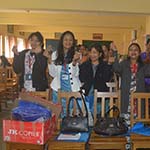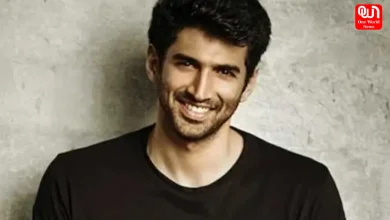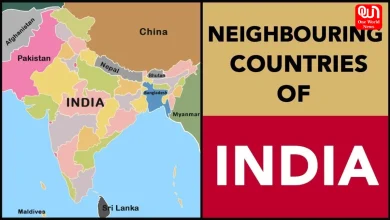Voice And Drama In Schools

Voice and Drama in schools
A Two day workshop was held recently at the Don Bosco Youth Centre, Shillong for the promotion of art, music and drama. It was inaugurated by Mr. F.R. Kharkongor, IAS, State Project Director and was organized by Sarva Shiksha Abhiyan and the British Arts Education, British Council.

Ms. Zorah and Ms. Kimberely, resource persons from British Councils, conducting the classes
The program had taken off a year ago in a befitting manner. It started off with a 10 day workshop in collaboration with National Council of Educational Research and Training, NCERT. The workshop utilized various creative materials such as music to aid learning. Its main aim was to show how music and song can motivate learning among the students.
“In Meghalaya there is a rich tradition of music and dance, the use of these creative art forms was to show how to contribute to teaching but also to engage the learning process” stated Mr. Kharkongor.Children are natural actors in the sense that they are creative, they like stories, song and performances. Even in drama, as a creative art form, it could be used. The workshop was to enrich the teacher’s process and prepare to engage in the learning process.It’s not just a component to set into action but a motivation for action.

seated in centre Mr. F.R. Kharkongor, IAS State Project Director, SSA accompany by British Council Resource persons
Why do you think it is important to introduce arts and music into the curriculum?
According to NCERT, they are starting to introduce arts as arts integrated learning. Arts and music has been a part of our culture. I know how rich the North East is in music but the musical talent needs institutionalization. But as a teaching tool it was never taught to teachers. Teachers are very creative but they do not know how to channel that creativity across to their students.

Teachers, role playing as students interacting during the workshops
The contribution of the arts is that it’s not just about physical performance but the overall motivational development of the child and using it with academics as part of the education. There are a lot of performers but we don’t have a lot of confident children. Not every child has a chance to go on stage.
Why drama in schools?
Research findings say that when we see something we learn only 30% percent of it. When we hear something, we are able to understand 60%. When we do something we are able to learn 80% percent. Dramatization is simple, children will enact and they will learn.
For example, I was telling a short story today, and I was making the participants interact and enact with the class. It increases listening skills, attention span and understanding. This is the point we want to focus on in schools.

Teachers participating in the Workshops conducted by British Council Resource persons
How responsive have these workshop been, especially in INDIA?
In Delhi it is very popular, they just come to interact automatically. They want it to be integrated within the schools system. However it’sup to their authorities if they want to sanction it into the curriculum. If the activity is in the curriculum, the interest increases because if it is not there in the curriculum, it doesn’t carry any weight age.
Picture Credits : Chandan Bharali, Shillong Bureau, OneWorldNews







